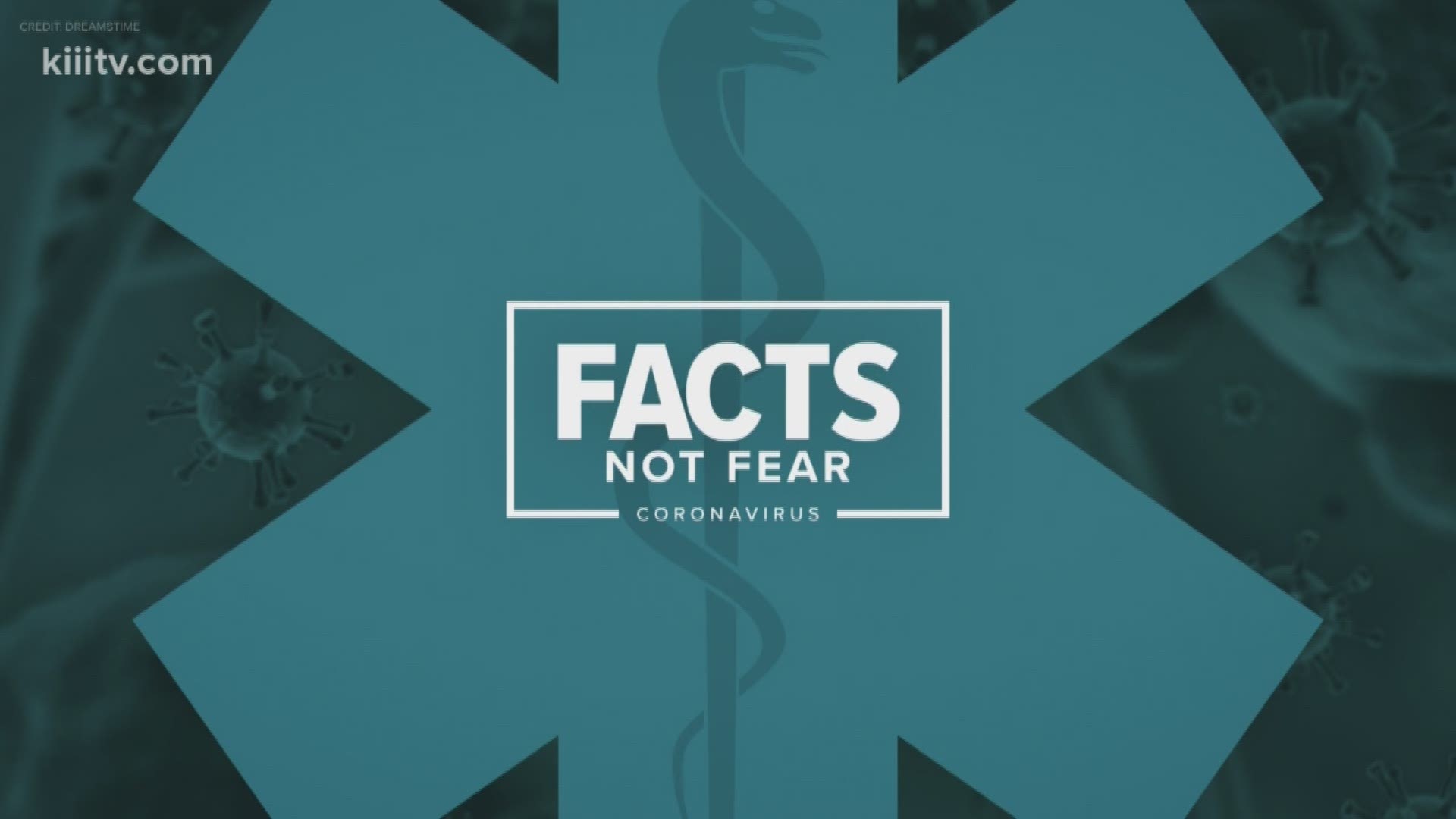LUFKIN, Texas — The City of Lufkin is working with the Angelina Counties and Cities Health District to ensure the safety and health of the community as the threat of novel coronavirus grows.
The city has protocols which can be quickly enacted should a threat arise in Angelina County, according to Director of Public Safety Gerald Williamson.
“In the event that we have cases in Lufkin, the City has made plans to ensure essential city services will continue,” Williamson said.
The City’s first responders are also equipped to deal with infectious diseases, but communication is key when a potentially infectious patient needs transport.
“We do ask that anyone requesting EMS with flu-like symptoms to clearly relate that information to the dispatcher,” Williamson said.
Like influenza, coronavirus severity ranges from patient to patient. Symptoms appear from 2-14 days after exposure and include fever, cough and shortness of breath. Patients with underlying medical conditions seem to have a more difficult recovery.
As of 8 a.m. Tuesday, six U.S. deaths were being reported – four of those within the same assisted-living facility in Washington State.
The CDC is currently advising people to avoid non-essential travel to China and Iran. Italy, Hong Kong, South Korea and Japan are also under scrutiny with many cases reported.
“Anyone that travels to ‘hot zone’ areas, should report to their local health district and also self-quarantine with the 2-14 days exposure in mind,” Williamson said.
City officials also want to remind the public of additional precautions and guidelines set forth by the CDC:
- Avoid close contact with people who are sick.
- Avoid touching your eyes, nose, and mouth.
- Stay home when you are sick.
- Cover your cough or sneeze with a tissue, then throw the tissue in the trash.
- Clean and disinfect frequently touched objects and surfaces using a regular household cleaning spray or wipe.
- Follow CDC’s recommendations for using a facemask.
- CDC does not recommend that people who are well wear a facemask to protect themselves from respiratory diseases, including COVID-19.
- Facemasks should be used by people who show symptoms of COVID-19 to help prevent the spread of the disease to others. The use of facemasks is also crucial for health workers and people who are taking care of someone in close settings (at home or in a health care facility).
- Wash your hands often with soap and water for at least 20 seconds, especially after going to the bathroom; before eating; and after blowing your nose, coughing, or sneezing.
- If soap and water are not readily available, use an alcohol-based hand sanitizer with at least 60% alcohol. Always wash hands with soap and water if hands are visibly dirty.
You can monitor the latest CDC updates at: https://www.cdc.gov/coronavirus/2019-ncov/.
RELATED: Report: Facebook pulls out of SXSW

